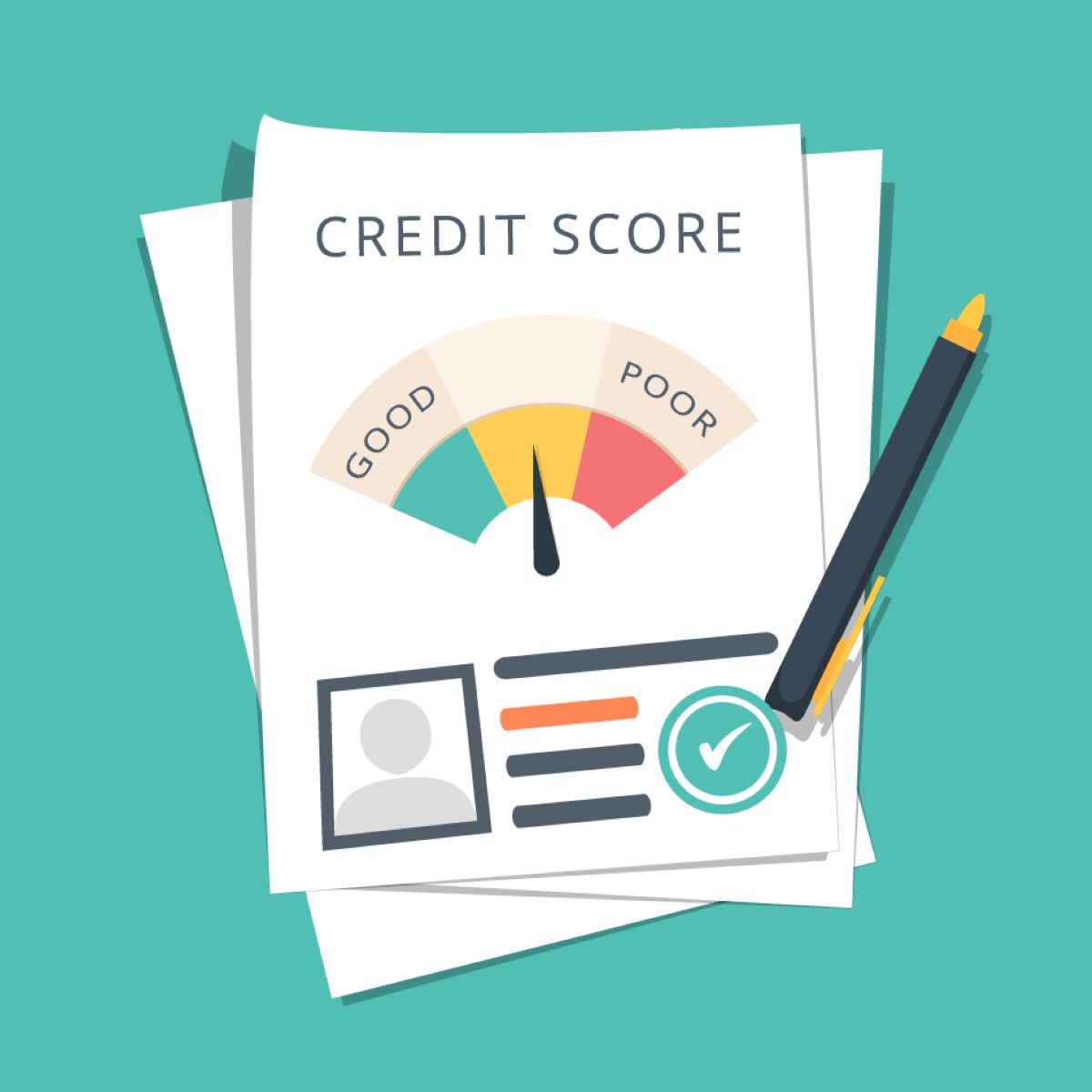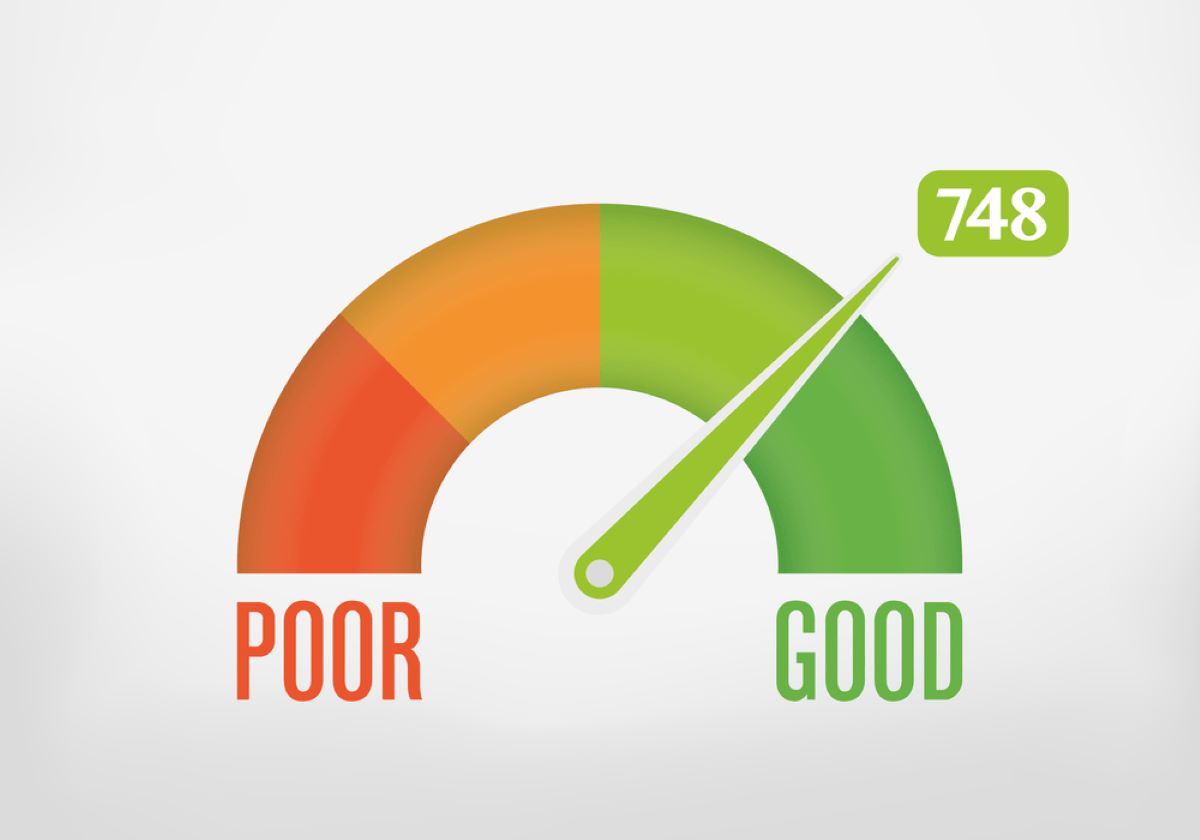Home>Finance>What Is A Credit Score? Definition, Factors, And Ways To Raise It


Finance
What Is A Credit Score? Definition, Factors, And Ways To Raise It
Modified: March 6, 2024
Learn the definition and factors of credit scores in finance. Discover effective ways to raise your credit score for better financial opportunities.
(Many of the links in this article redirect to a specific reviewed product. Your purchase of these products through affiliate links helps to generate commission for LiveWell, at no extra cost. Learn more)
Understanding Your Credit Score: Definition, Factors, and ways to raise it
Have you ever wondered what a credit score is and why it matters? Whether you’re applying for a loan, renting an apartment, or even getting a new credit card, your credit score plays a crucial role in determining your financial future. In this blog post, we will take a deep dive into the world of credit scores, defining what they are, exploring the factors that affect them, and providing actionable tips on how to raise your credit score. So, let’s get started!
Key Takeaways:
- A credit score is a three-digit number that represents your creditworthiness and predicts the likelihood of you repaying your debts.
- The factors that influence your credit score include your payment history, credit utilization, length of credit history, types of credit, and new credit applications.
The Definition of a Credit Score
Put simply, a credit score is a numerical representation of your creditworthiness. It is a three-digit number that serves as a summary of your financial history and is used by lenders to assess the risk of lending you money. The most commonly used credit score model is the FICO score, which ranges from 300 to 850.
Your credit score is calculated based on various factors, including your payment history, credit utilization, length of credit history, types of credit, and new credit applications. These factors provide lenders with an insight into your financial habits and determine your likelihood of repaying borrowed funds on time.
Factors that Affect Your Credit Score
Understanding the factors that influence your credit score is essential in managing and improving your financial standing. Here are the key factors to consider:
- Payment History: Your payment history is the most significant factor in determining your credit score. Late payments, defaults, and collections can have a significant negative impact. Consistently making on-time payments is crucial for maintaining a good credit score.
- Credit Utilization: Credit utilization refers to the amount of available credit you are using. It is calculated by dividing your total credit card balance by your total credit limit. To keep your credit score healthy, it is advisable to keep your credit utilization below 30%.
- Length of Credit History: The length of your credit history is another important factor. Lenders prefer to see a longer credit history as it provides a track record of responsible financial behavior. If you’re just starting, consider becoming an authorized user on someone else’s credit card or opening a secured credit card to establish credit history.
- Types of Credit: Having a diverse mix of credit accounts can positively impact your credit score. These include credit cards, installment loans, mortgages, and car loans. However, it’s important to only take on the credit you need and can manage responsibly.
- New Credit Applications: Applying for new credit accounts can temporarily lower your credit score. Lenders may interpret frequent credit applications as a sign of financial distress. Limit your credit applications to those you truly need.
Ways to Raise Your Credit Score
If you’re looking to improve your credit score, here are some strategies to consider:
- Pay your bills on time: Consistently making on-time payments is the single most effective way to improve your credit score.
- Reduce credit card balances: Lower your credit card balances to decrease your credit utilization ratio. Paying off debt can have a positive impact on your credit score.
- Keep old accounts open: Closing old credit accounts can harm your credit score by shortening your credit history. If you have old accounts in good standing, keep them open to demonstrate a long credit history.
- Check your credit report regularly: Monitoring your credit report helps you identify errors or inaccuracies that could be negatively impacting your credit score. Dispute any inaccuracies you find.
- Use credit responsibly: Only borrow what you need and can comfortably repay. Managing your credit responsibly over time will lead to an improved credit score.
By understanding the definition of a credit score and the factors that influence it, you can take control of your financial health. By implementing these tips, you can begin your journey towards a higher credit score and better financial opportunities.














